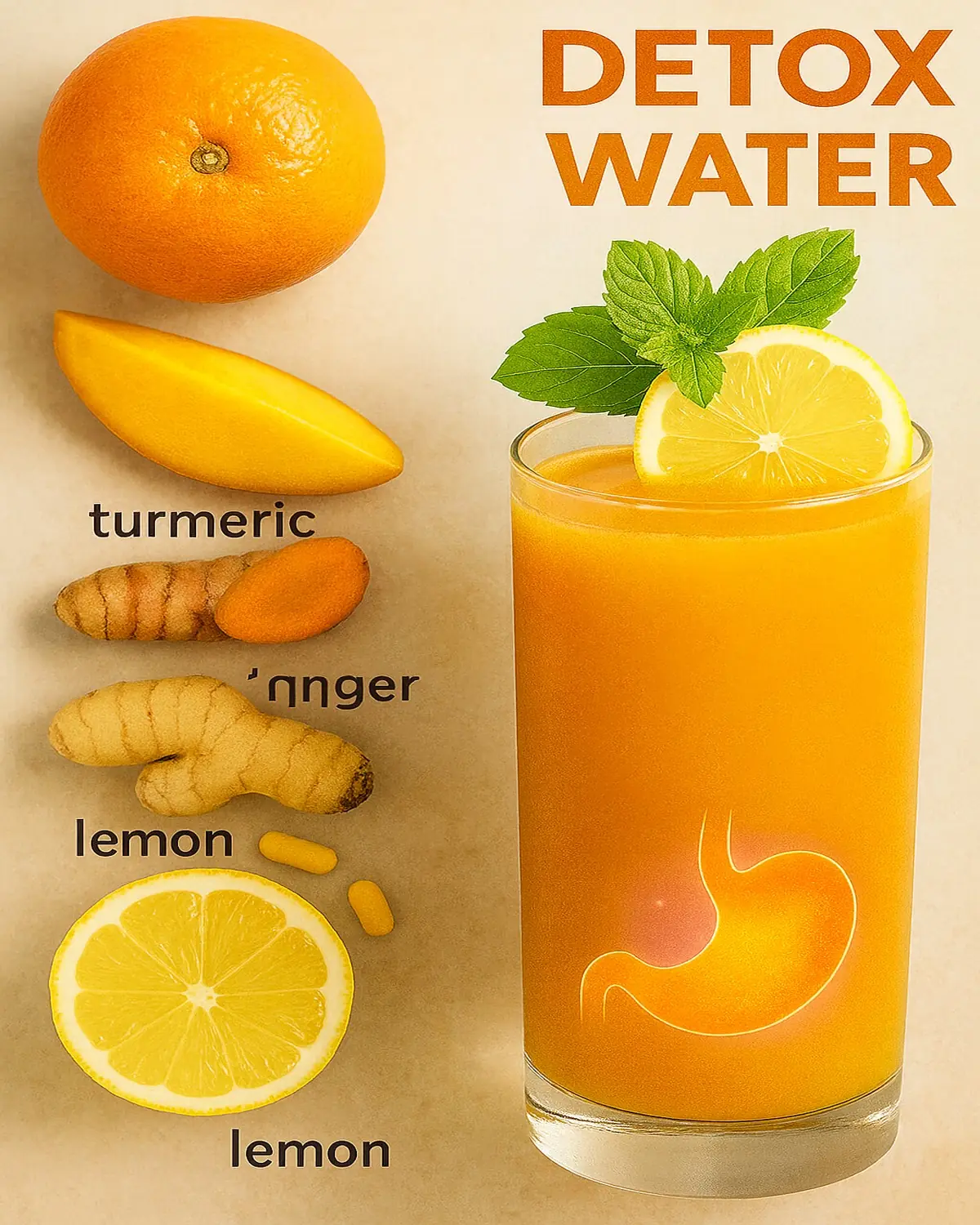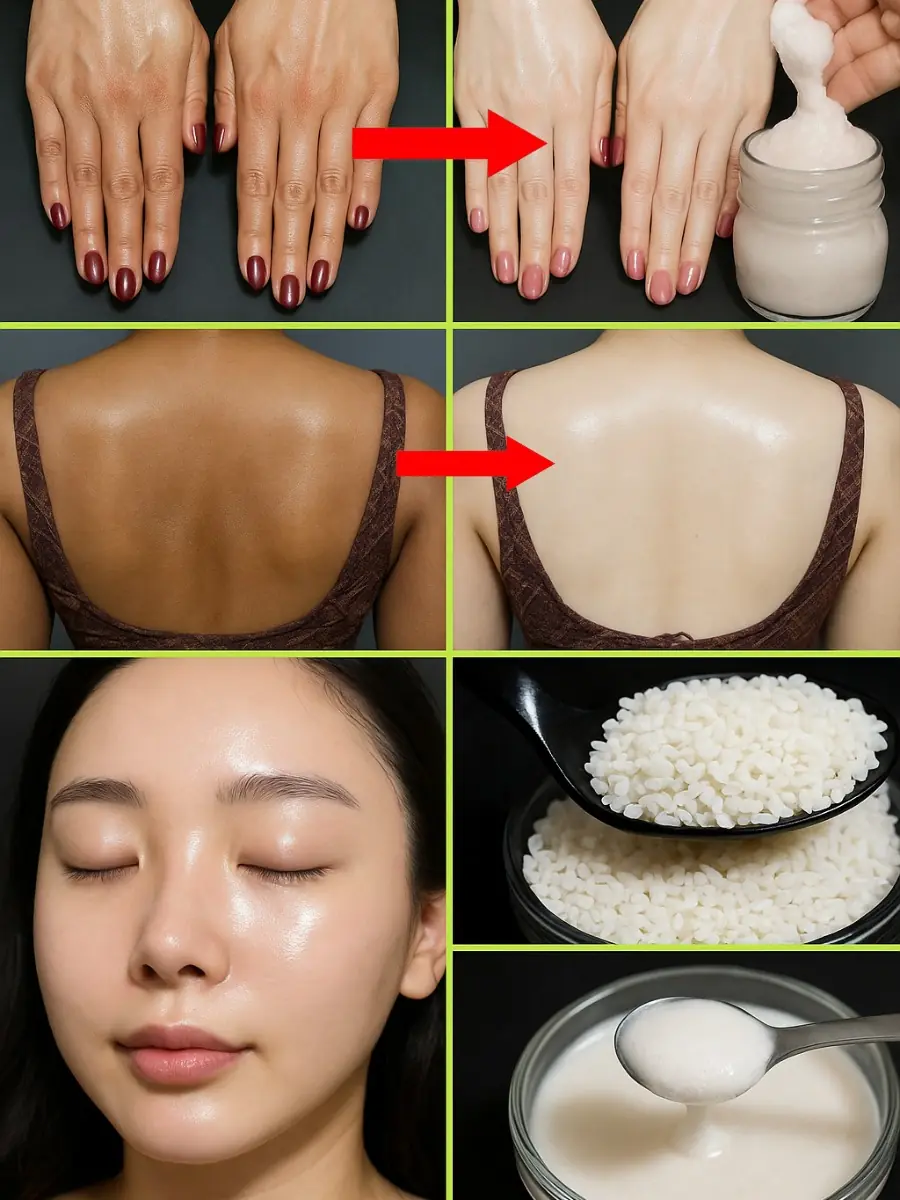
Herbal Tea from Stonebreaker Plant for Brain and Memory Support
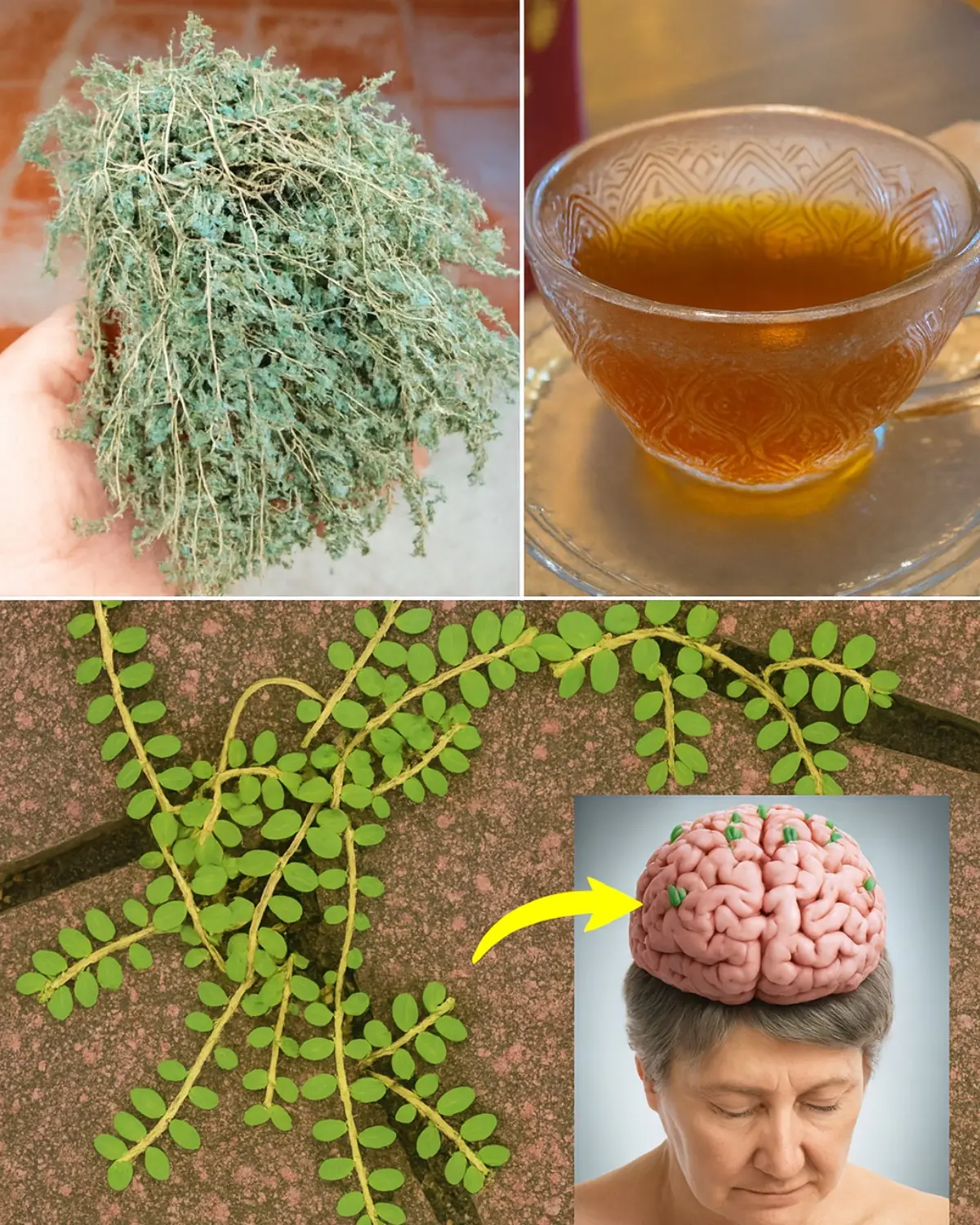
The fear of memory decline looms large as we age. According to the World Health Organization, more than 55 million people worldwide live with dementia, and millions more struggle with mild cognitive impairment that affects daily life. While genetics and age play important roles, lifestyle choices—especially diet—can profoundly influence how our brain functions over time.

Among the many plants celebrated in traditional medicine, the Stonebreaker plant (Phyllanthus niruri) has been gaining attention. Commonly known as “Chanca Piedra” in South America and “Bhumi Amla” in Ayurveda, this plant is traditionally used to support kidney and liver health. But recent interest has expanded into its antioxidant, anti-inflammatory, and neuroprotective properties, suggesting it may also help protect the brain and support memory.
In this article, we’ll explore what Stonebreaker tea is, how it may benefit brain health, practical ways to prepare it, and how to integrate it into a memory-supportive lifestyle.
What Is the Stonebreaker Plant?
Stonebreaker (Phyllanthus niruri) is a small, leafy herb found in tropical regions worldwide. For centuries, it has been used in:
- Ayurvedic medicine: for liver detox, digestion, and immunity
- Amazonian traditions: for kidney stones and urinary tract health
- Folk remedies: as a cooling tea to cleanse the body
Its reputation for “breaking stones” comes from its ability to support urinary health, but the plant is far more versatile.
Why Stonebreaker Tea May Support Brain and Memory

1. Antioxidant Protection
Oxidative stress damages brain cells and accelerates memory decline. Phyllanthus niruri contains polyphenols and flavonoids that neutralize free radicals, potentially protecting neurons.
2. Anti-Inflammatory Properties
Chronic inflammation is linked to neurodegenerative diseases such as Alzheimer’s and Parkinson’s. Compounds in the plant may calm inflammation and protect delicate brain tissues.
3. Blood Sugar Regulation
Stable blood sugar supports better brain function. Early studies suggest Stonebreaker may help regulate glucose, indirectly protecting memory and focus.
4. Liver and Kidney Support
A healthy liver and kidneys reduce the buildup of toxins that can negatively impact brain clarity and cognition.
| Property of Stonebreaker | Potential Brain Benefit |
|---|---|
| Antioxidants | Protect neurons from free radicals |
| Anti-inflammatory agents | Reduce brain inflammation |
| Blood sugar regulation | Stabilize mental focus and memory |
| Detox support | Indirectly supports brain clarity |
How to Prepare Stonebreaker Herbal Tea

Basic Recipe
Ingredients:
- 1 teaspoon dried Stonebreaker leaves (or 1 tablespoon fresh leaves)
- 1 cup boiling water
Instructions:
- Add leaves to boiling water.
- Simmer for 5–7 minutes.
- Strain and drink warm.
- Optional: add honey or a slice of lemon for taste.
Suggested Use: 3–4 times per week is common in traditional practice.
Blends for Memory Support
- Stonebreaker + Gotu Kola: Enhances circulation and memory.
- Stonebreaker + Ginger: Combines anti-inflammatory benefits.
- Stonebreaker + Green Tea: Adds extra antioxidants.
Case Study: A Senior’s Experience
Daniel, 68, had begun noticing occasional forgetfulness and brain fog. Interested in natural remedies, he started drinking Stonebreaker tea three times a week, alongside his morning crossword habit. Within a few months, he reported sharper focus and better recall of daily tasks. While he still attends regular check-ups and uses doctor-prescribed vitamins, the ritual of tea gave him both physical and mental comfort.
Lifestyle Habits That Boost Brain and Memory Alongside Tea
- Stay mentally active: Reading, puzzles, or learning new skills stimulate the brain.
- Move daily: Exercise improves circulation to the brain.
- Eat a brain-friendly diet: Include omega-3-rich fish, nuts, berries, and leafy greens.
- Prioritize sleep: Deep rest consolidates memory.
- Manage stress: Meditation and breathing exercises protect brain function.
Safety and Precautions

- Pregnant or breastfeeding women should avoid Stonebreaker unless advised by a doctor.
- People with low blood sugar or those taking diabetes medication should monitor glucose closely.
- Always consult a healthcare provider before using Stonebreaker tea regularly, especially if you take prescription medications.
Conclusion and FAQs
Key Takeaways
- Stonebreaker tea, traditionally known for kidney and liver support, also offers antioxidants and anti-inflammatory compounds that may protect brain health and memory.
- Drinking it regularly, alongside healthy habits, may help seniors feel sharper and more energized.
- It is best used as a complementary practice, not a replacement for medical treatment.
FAQs
Can Stonebreaker tea reverse memory loss?
No. It may support brain health and slow decline but cannot reverse established conditions like Alzheimer’s.
Is it safe for daily use?
In moderate amounts, yes—but always consult your doctor for long-term use.
Can I combine it with other herbal teas?
Yes. Blends with ginger, gotu kola, or green tea are common for brain support.
Disclaimer: This article is for informational purposes only. It is not medical advice. Always consult a qualified healthcare provider before beginning any herbal remedy.
News in the same category


7 Silent Sleep Killers Sabotaging Seniors’ Health (And How to Fix Them Tonight)
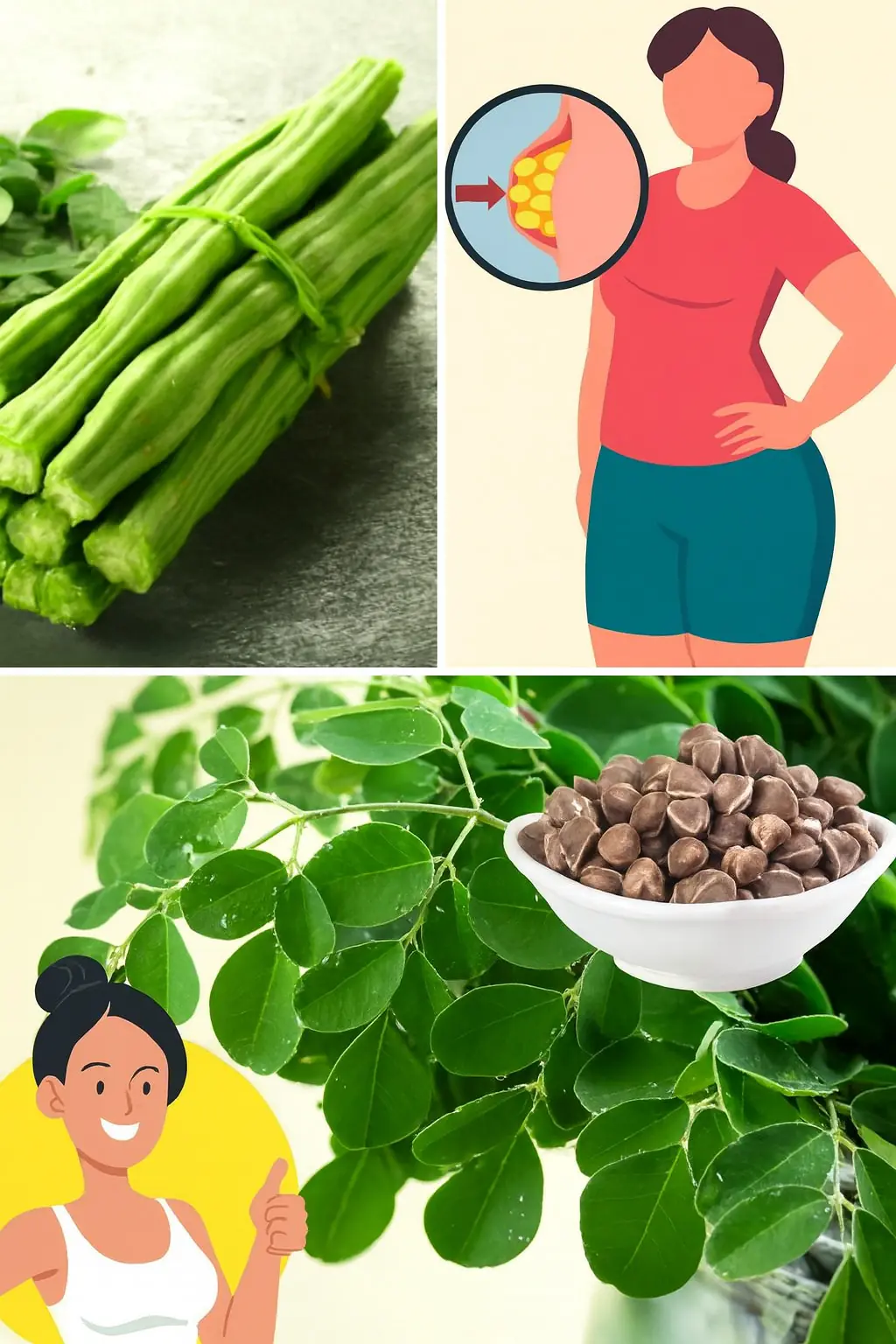
Moringa Unleashed: Discover the Secret Superfood That Can Revolutionize Your Health

Discover Grandma’s Secret: A Natural Remedy to Banish Varicose Veins
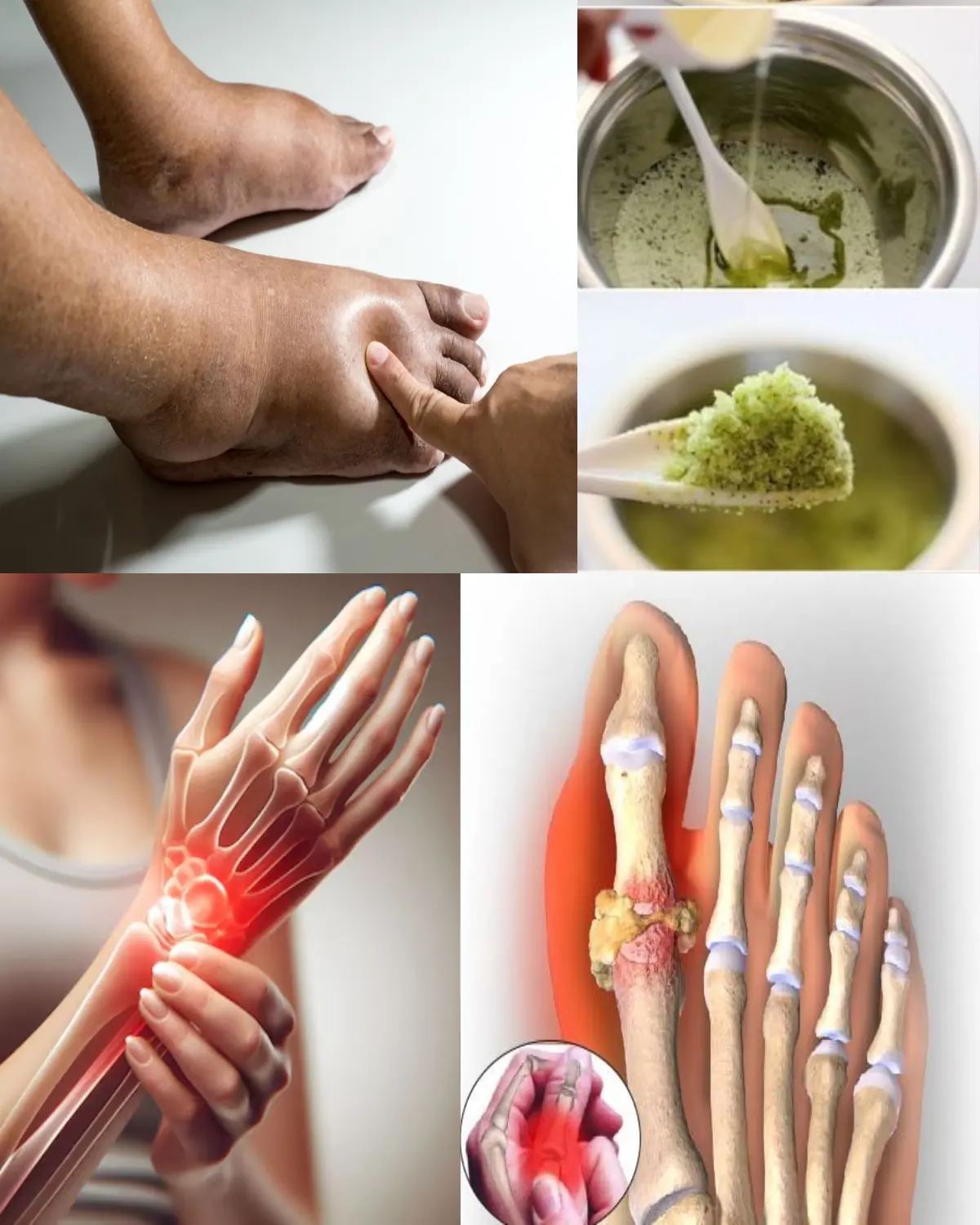
7 Teas That Stop Swollen Legs, Ankles, and Feet for Good

7 Powerful Ways Prosopis Juliflora Boosts Digestive and Heart Health
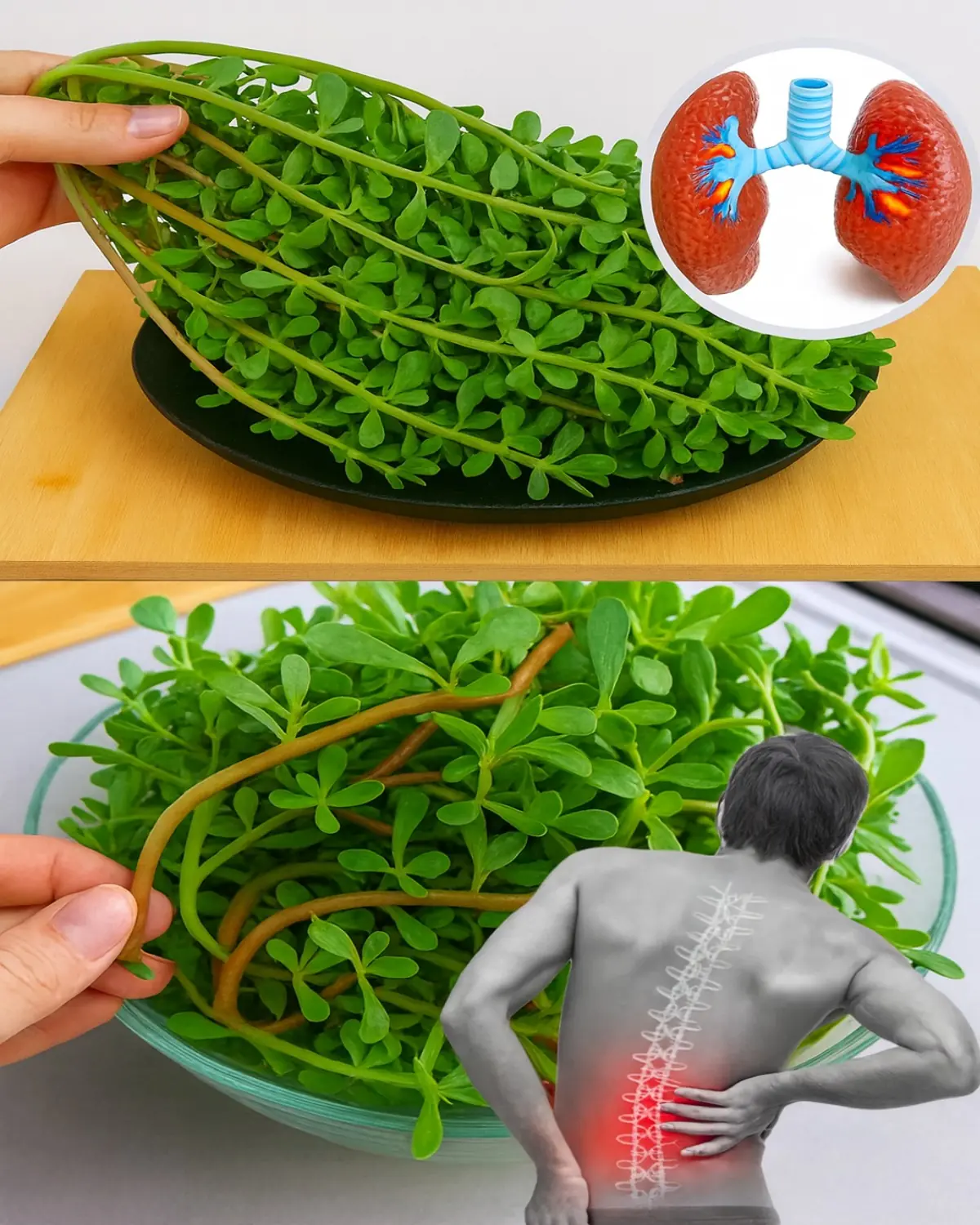
Purslane: A Natural Support for Lungs and Back Health
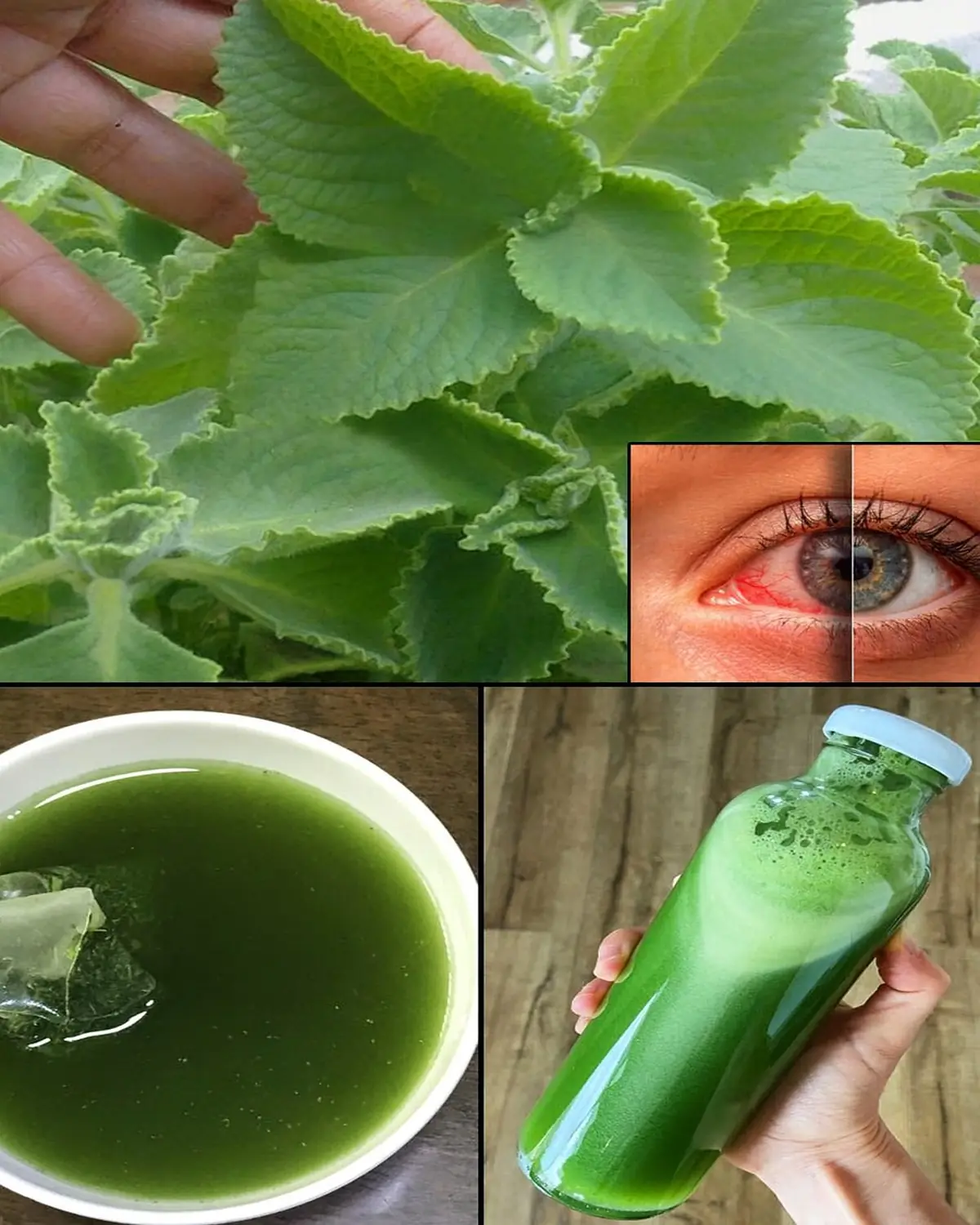
Indian Borage (Mexican Mint): A Herbal Drink for Eye Health
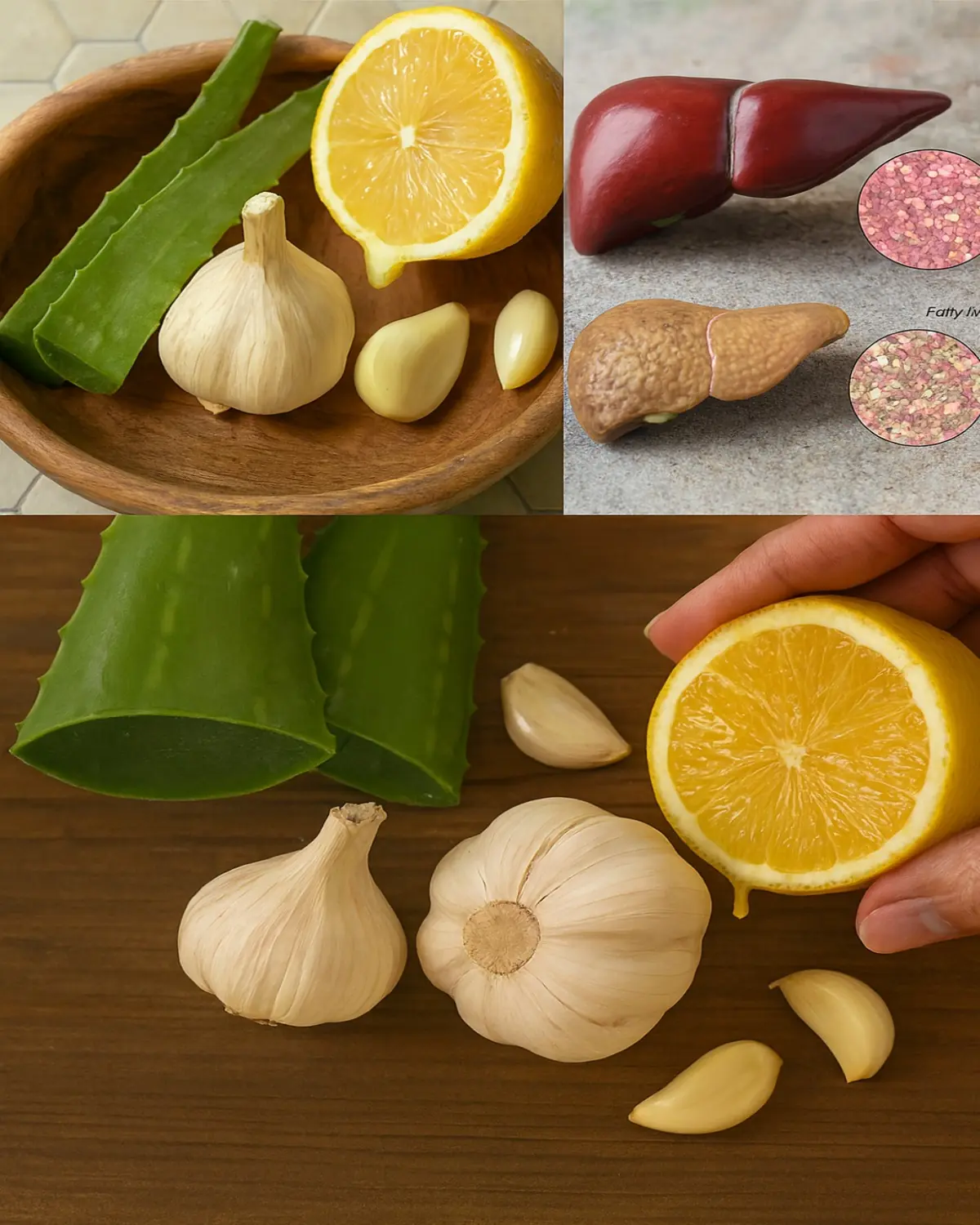
Aloe Vera Remedy: A Natural Support Against Bacteria and Fungi
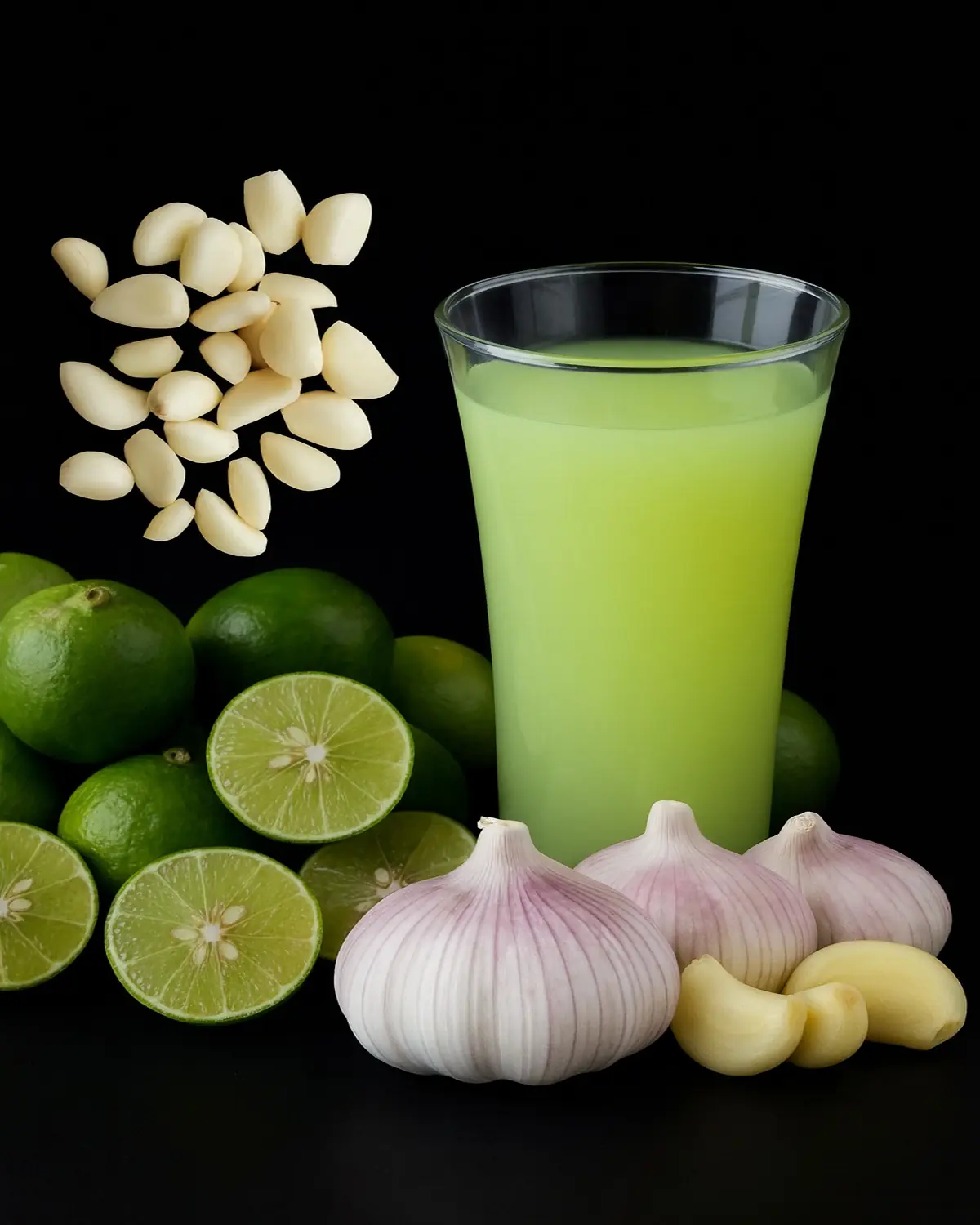
Ginger, Onion, Garlic, Lemon & Honey Mix: How to Make It and Why It Matters
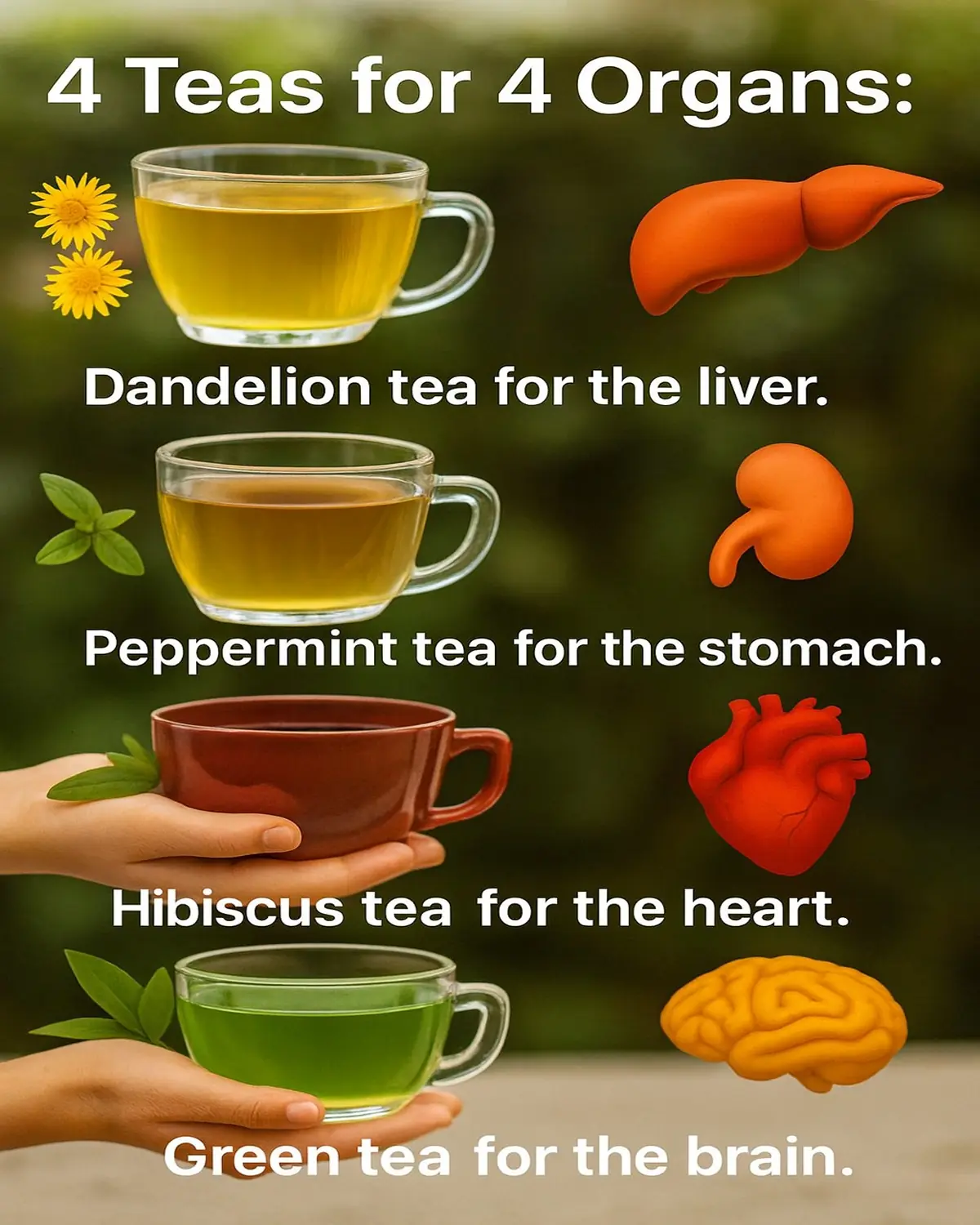
4 Teas for 4 Organs: Liver, Stomach, Heart & Brain

Over 60? Drink These 3 Teas to Rebuild Muscle and Walk Strong Again

Knee Pain Relief Starts with THIS Powerful Drink (Must Try for Seniors!)

Seniors, Do This 1 Simple Leg Move to Reverse Hidden Health Problems
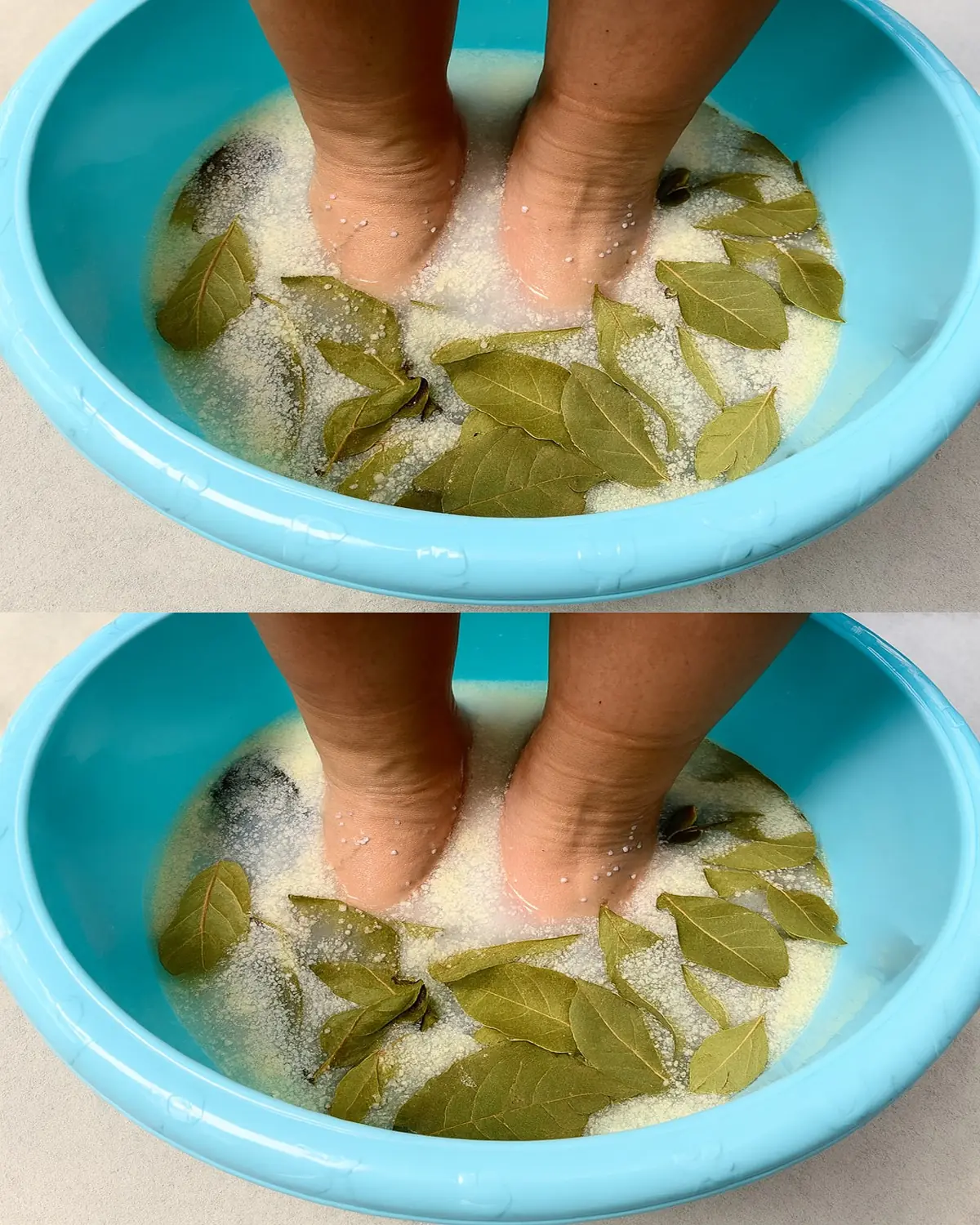
Stronger Than Garlic and Lemon: The Bay Leaf Foot Soak That Removes Toxins and Bacteria

I Applied Toothpaste and Vaseline on My Face – Here’s What Happened

Parsley Juice for Kidney Cleansing and Stone Relief
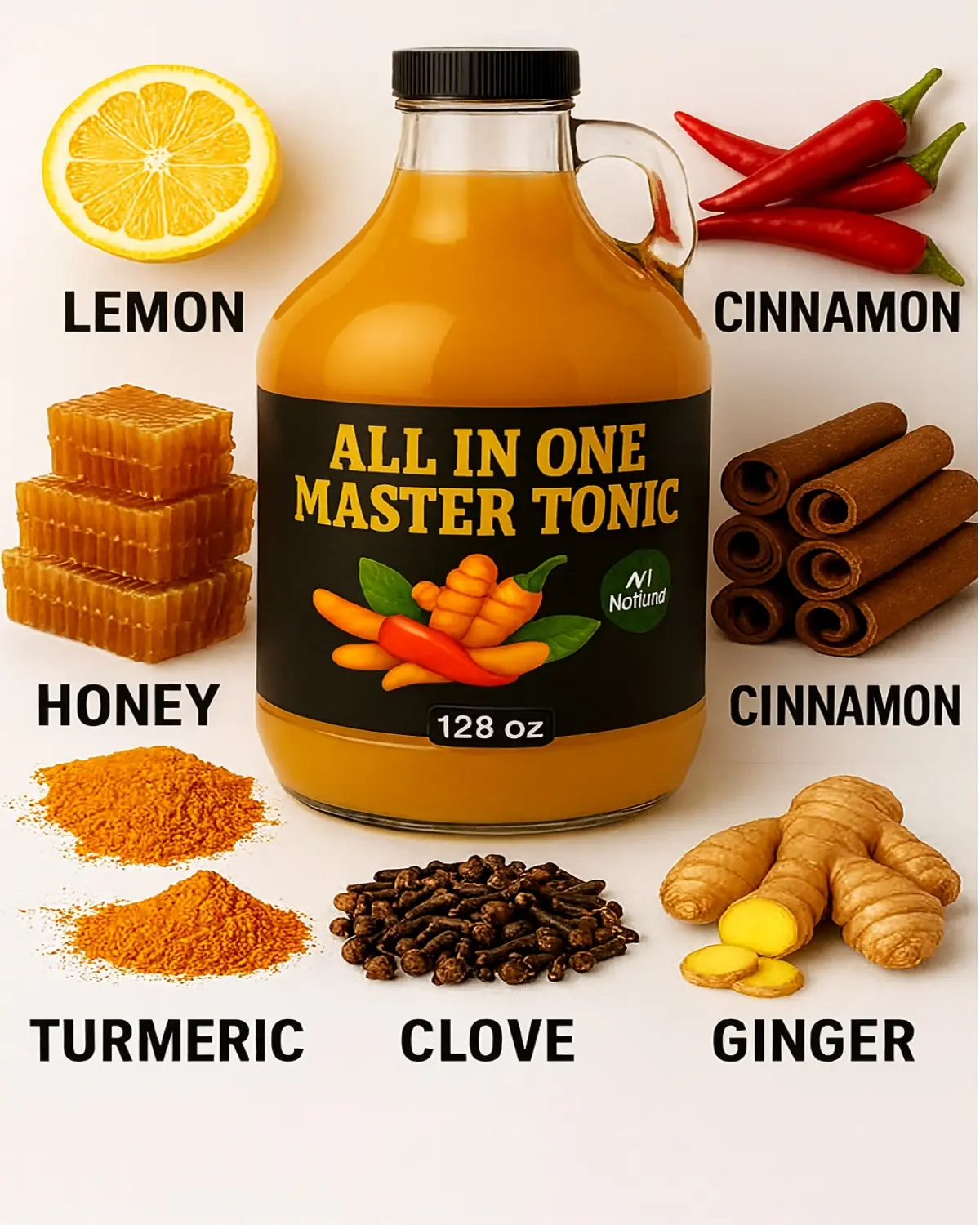
All-in-One Master Tonic Shots: Fire Cider with Apple Cider Vinegar, Cinnamon, Clove, Lemon, Ginger, Turmeric, Cayenne & Honey
News Post

Unveil the Mystery: 10 Japanese Rice-Based Secrets for Radiant, Wrinkle-Free Skin
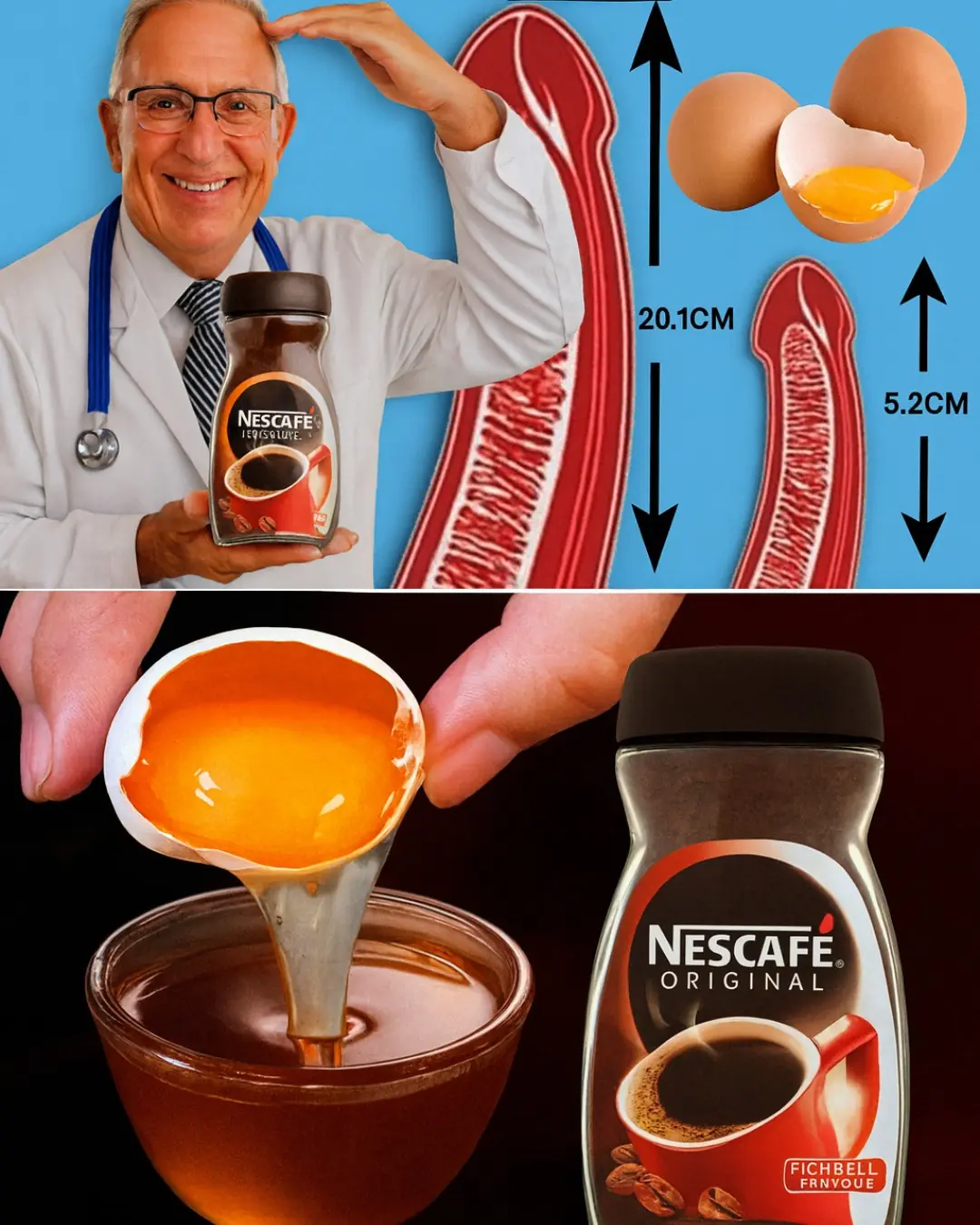
Unleash Your Inner Lion: The Ultimate Egg, Honey, and Coffee Elixir for Men’s Vitality

7 Silent Sleep Killers Sabotaging Seniors’ Health (And How to Fix Them Tonight)

Moringa Unleashed: Discover the Secret Superfood That Can Revolutionize Your Health

Discover Grandma’s Secret: A Natural Remedy to Banish Varicose Veins

A Boy’s Hand Shows Strange Signs After Playing in the Sand

7 Teas That Stop Swollen Legs, Ankles, and Feet for Good

7 Powerful Ways Prosopis Juliflora Boosts Digestive and Heart Health

Purslane: A Natural Support for Lungs and Back Health

Indian Borage (Mexican Mint): A Herbal Drink for Eye Health

Aloe Vera Remedy: A Natural Support Against Bacteria and Fungi

Ginger, Onion, Garlic, Lemon & Honey Mix: How to Make It and Why It Matters

4 Teas for 4 Organs: Liver, Stomach, Heart & Brain

Over 60? Drink These 3 Teas to Rebuild Muscle and Walk Strong Again

Knee Pain Relief Starts with THIS Powerful Drink (Must Try for Seniors!)

Seniors, Do This 1 Simple Leg Move to Reverse Hidden Health Problems

Stronger Than Garlic and Lemon: The Bay Leaf Foot Soak That Removes Toxins and Bacteria

I Applied Toothpaste and Vaseline on My Face – Here’s What Happened
